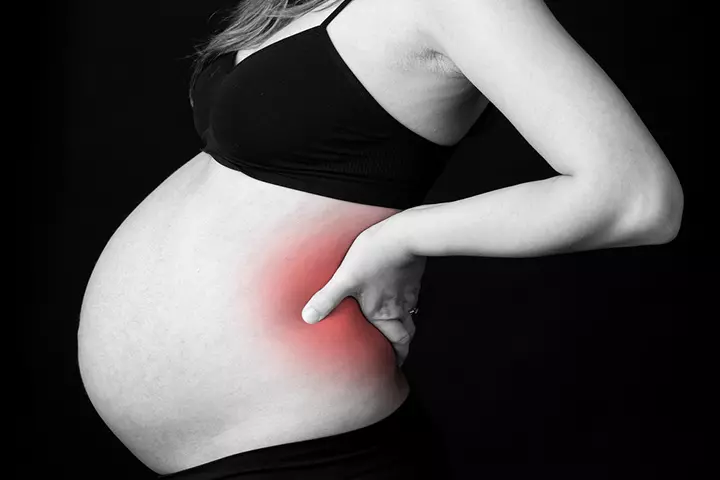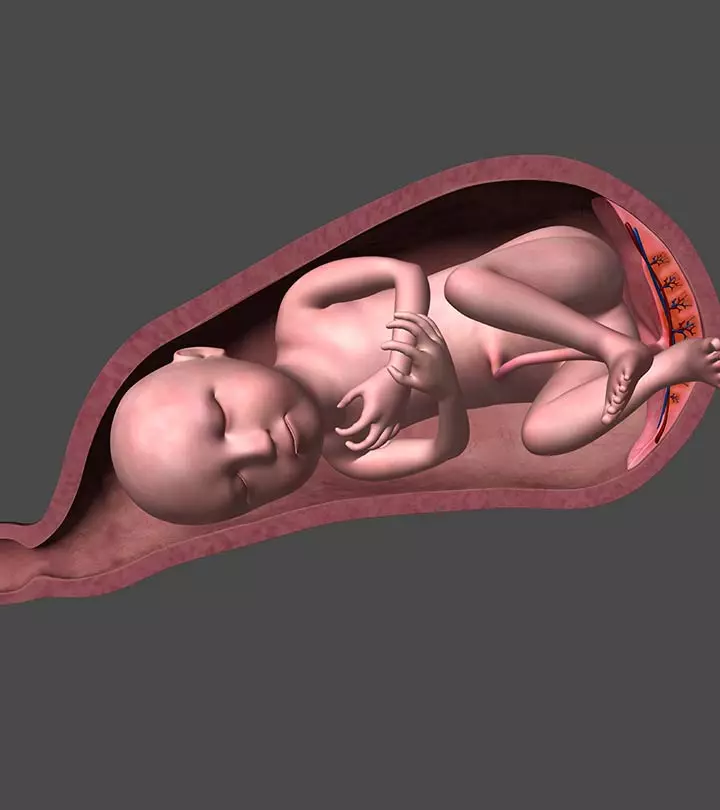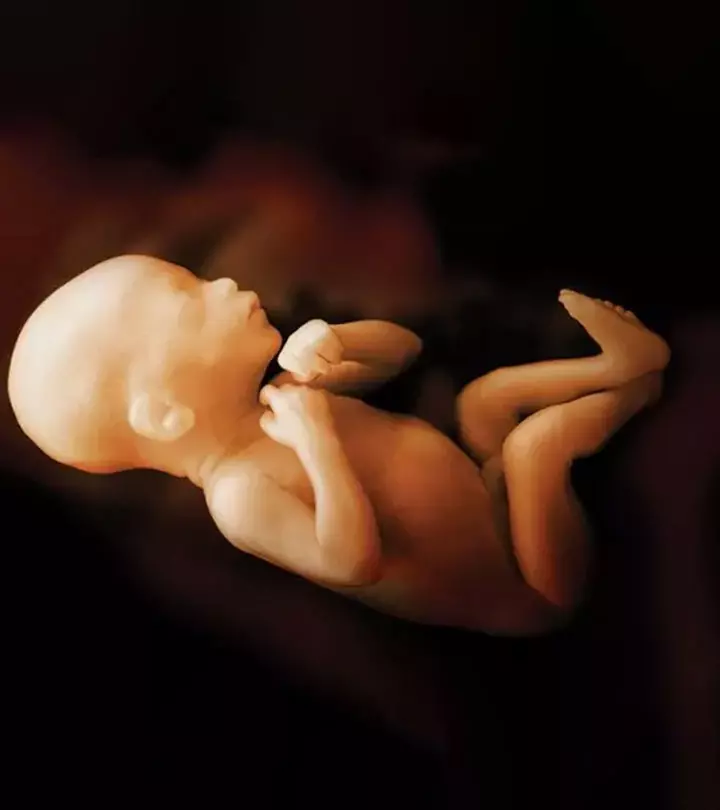

Image: Shutterstock
The news of being pregnant comes as a delight to all parents, especially the first-timers. What follows next, is a series of hysteria, confusion, and curiosity. One thing that most parents are overly excited about is knowing the gender of the baby. Going by the old wives’ tales, it is claimed that if you get cravings for salty foods, it is an indication that you’re carrying a boy, though they do not seem to be backed up by science (1).

A new study, however, suggests that women who are carrying a baby girl might suffer extreme morning sickness than in the case of expecting a boy (2).
According to this research, the gender of the baby has been linked with the immune markers in a pregnant woman. The women who carry female foetuses experience a heightened immune response as opposed to women carrying male foetuses. The inflammation could henceforth play a vital role in the intensity of the morning sickness as well as the type of food cravings.
What Is Inflammation?
Image: Shutterstock
It acts as a crucial part of the immune response that deals with healing wounds and reaction to illness. However, when in excess, the same healing process of inflammation can cause significant stress to the body, resulting in fatigue, nausea, and body aches.
The journal The Lancet, in its December 10th issue, presented a study involving over a million pregnant women between the years of 1987 and 1995 (3). It shows that women who went through severe morning sickness in their first trimester, to the point where they had to be hospitalized, were more likely to give birth to girls than boys. Dr. Michael Swiet, a researcher at the Institute of Obstetrics and Gynaecology in London, says, the explanation doesn’t boil down to one single factor. He posits that morning sickness and hormones go hand in hand— female foetuses have a tendency to produce different hormones. This is one of the contributing factors that cause the problem (4).
Human Chorionic Gonadotropin
Image: Shutterstock
The placenta produces a hormone post the implantation, called hCG (5). While the exact cause is unknown, morning sickness is usually attributed to elevated levels of hCG (Human Chorionic Gonadotropin). Furthermore, the study suggests that women bearing a female foetus had inflated HCG levels when compared to carrying a male foetus (6). If true, it could very well explain the correlation between a female foetus and morning sickness.
Cytokines are molecules or glycoproteins that are concerned with cell signalling secreted by specific immune cells. Researchers found no difference in the cytokines levels in the blood with regards to the sex of the baby. But, the women carrying female foetuses were hit with a higher level of pro-inflammatory cytokines once exposed to bacteria. This process could explain why women with medical conditions such as asthma, may experience intensified symptoms during the course of their pregnancy.
While there is no denying that constant pregnancy sickness can make the entire experience a big headache for mothers, there are many methods which you can use to lessen the symptoms. Sometimes, the ideal remedy is the simplest, sleep being one of those. Sleep is known as a great way to dodge morning sickness and is favoured by doctors and mothers across the globe. Other solutions can include trying meditation, practicing deep breaths, and lying down to relax your body.
I’m sure most of you would have had your battles and may have faced several concerns during your pregnancy. How did you cope up with them? How has your experience been throughout the entire course of your pregnancy? Do let us know in the comments below.
Community Experiences
Join the conversation and become a part of our nurturing community! Share your stories, experiences, and insights to connect with fellow parents.














